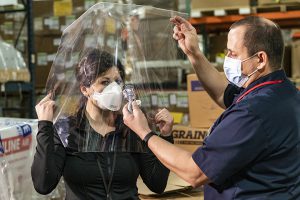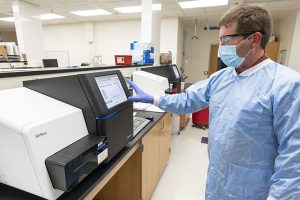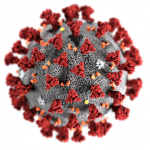 WSLH Communicable Disease Division scientists developed a quantitative RT-PCR test for SARS-CoV-2 as part of a CDC-led study looking at the effectiveness in real-world conditions of the mRNA vaccines developed by Pfizer-BioNTech and Moderna. The results of the study were published in the June 30th New England Journal of Medicine.
WSLH Communicable Disease Division scientists developed a quantitative RT-PCR test for SARS-CoV-2 as part of a CDC-led study looking at the effectiveness in real-world conditions of the mRNA vaccines developed by Pfizer-BioNTech and Moderna. The results of the study were published in the June 30th New England Journal of Medicine.
The study, which ran from December 14, 2020 to April 10, 2021, involved 3,975 health care personnel, first responders, and other essential and frontline workers from Arizona, Florida, Minnesota, Oregon, Texas and Utah. Study participants submitted nasal swab specimens on a weekly basis that were tested at the Marshfield Clinic Research Institute (qualitative RT-PCR testing) and the WSLH (quantitative RT-PCR testing to measure viral load, which is the amount of virus in the body).
Out of the 3,975 study participants, SARS-CoV-2 was detected in 204 participants – 5 of whom were fully vaccinated, 11 partially vaccinated and 156 unvaccinated. The adjusted vaccine effectiveness was 91% with full vaccination and 81% with partial vaccination.
“This research shows the real-world effectiveness of the vaccines, not just effectiveness in a controlled clinical study,” said WSLH Communicable Disease Division Director Dr. Al Bateman. “The research also showed that for the small number of vaccinated people who become infected, they are still somewhat protected as they have lower viral loads, are less sick, and are sick for a shorter duration of time.”
Based on the WSLH’s long-standing experience and relationship with CDC on influenza testing and surveillance, CDC asked Bateman and WSLH Virology Team Lead Erik Reisdorf to develop a quantitative RT-PCR test method that could measure viral loads for this project. The WSLH testing was performed by Microbiologists Erika Hanson and Kyley Guenther.
“This research also builds on our years-long collaboration with Marshfield Clinic Research Institute,” Bateman said. “To have a major national study utilize two Wisconsin laboratories says a lot about the scientific expertise we have in our state.”
 Heather Barkholtz, PhD, joined the Wisconsin State Laboratory of Hygiene and the University of Wisconsin-Madison
Heather Barkholtz, PhD, joined the Wisconsin State Laboratory of Hygiene and the University of Wisconsin-Madison 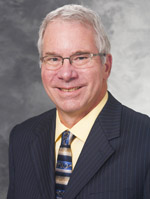 Peter Shult, emeritus director of the Wisconsin State Laboratory of Hygiene (WSLH) Communicable Disease Division, received the Lifetime Achievement Award from the
Peter Shult, emeritus director of the Wisconsin State Laboratory of Hygiene (WSLH) Communicable Disease Division, received the Lifetime Achievement Award from the 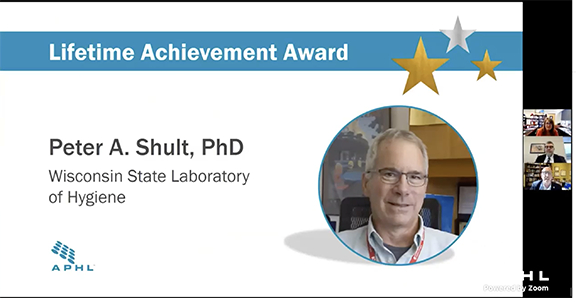
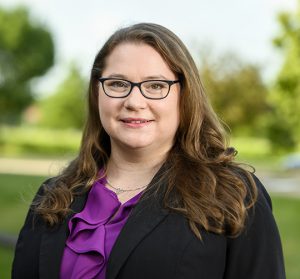 Alana Sterkel, PhD, D(ABMM), SM(ASCP)CM has been promoted to Associate Director of the WSLH
Alana Sterkel, PhD, D(ABMM), SM(ASCP)CM has been promoted to Associate Director of the WSLH 